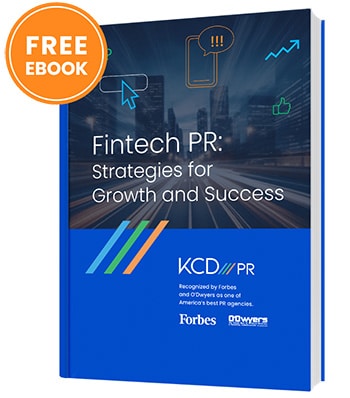Zipping through the streets of Indonesia on the back of a motorbike I often noticed telltale signs of a country in poverty – lack of clean drinking water, little access to good health care and congested, littered streets. In sharp contrast, I also noticed most men, women and children had a cell phone in hand.
Lacking infrastructure for home computers, mobile devices allow each and every person access to needs previously unavailable to the region – like basic financial services. According to The World Bank, 31 percent of the world’s adult population, which is roughly 1.7 billion people, don’t have a bank account. In developing countries throughout Asia, the disparity is even greater. In fact, China and India are home to the largest “unbanked” populations in the world, with an estimated 225 million and 190 million adults, respectively, lacking any type of account with a financial institution.
This area of the world boasts tremendous diversity and is home to a wide array of cultures, religions, ethnicities and languages. A one-size-fits-all approach won’t work
In recent years, fintech has exploded throughout Asia. The introduction of nontraditional solutions to basic financial needs is finally beginning to meet the needs of the unbanked population. Fintech companies are taking note of these individuals, historically overlooked by financial institutions, and empowering them with tools to manage their personal finances by way of mobile devices. Prior to the recent rise of fintech, many of these people did not have any means of storing their money, aside from a physical hiding place. They were not able to transfer money to friends or relatives who were not in geographic proximity, and they did not have access to the global marketplace.
To kick off our blog series on fintech in Asia, here are a few top trends and specific companies we’re keeping an eye on in Q4 of 2018:
- Non-financial platforms going financial.From social media platforms to e-commerce sites, it seems like everyone is getting into fintech these days. Alibaba led the way when it introduced Alipay in 2004, a platform similar to Paypal. Since, it has created its own financial arm, Ant Financial, and will enter the loan market, providing credit to drive consumption on its online shopping platform. Others have followed suit and we expect to see more companies in more industries expand into the fintech market.
- Rise of blockchain.While cryptocurrency built the foundation, the use of blockchain technology is limitless. Blockchain technology enables transactions and other information to be verified by objective sources, processed and recorded in real time. Beyond payments, this technology improves access to additional financial services, including filing taxes. An example of this is Online Pajak, a service in Indonesia that allows users to file tax deposits and records in a world with no TurboTax – no more filing reams of paperwork by hand. The use of blockchain allows all information to remain secure. In addition to filing taxes, this technology can also be used to better document land titles around the world, providing legal protection for rural farmers in developing countries.
- Development of “social credit scores”. The rise of fintech in Asia has introduced the potential need for new and innovative credit scoring systems. Though key players in the P2P lending industry in China recently consolidated, the demand for loans is on the rise. With this demand comes a push for a national credit scoring system, but a lack of historical credit documentation has made this process difficult.
Tech giants have filled the need by establishing their own social credit scoring systems. One company providing this service is Sesame Credit, which bases scores on five factors: credit history, online transactional habits, personal information, ability to honor an agreement, and social network affiliations. Those with high scores get perks such as online credit, express service at hotels and airports, waivers on rental deposits, and expedited visa applications to Singapore and Luxembourg.
Over the next few weeks, we’ll continue exploring fintech in Asia, diving into investment trends, startups to watch and must-attend industry events (our top pick: FinovateAsia, which will kick off Hong Kong Fintech Week on October 29th – hope this isn’t too much of a spoiler)!






